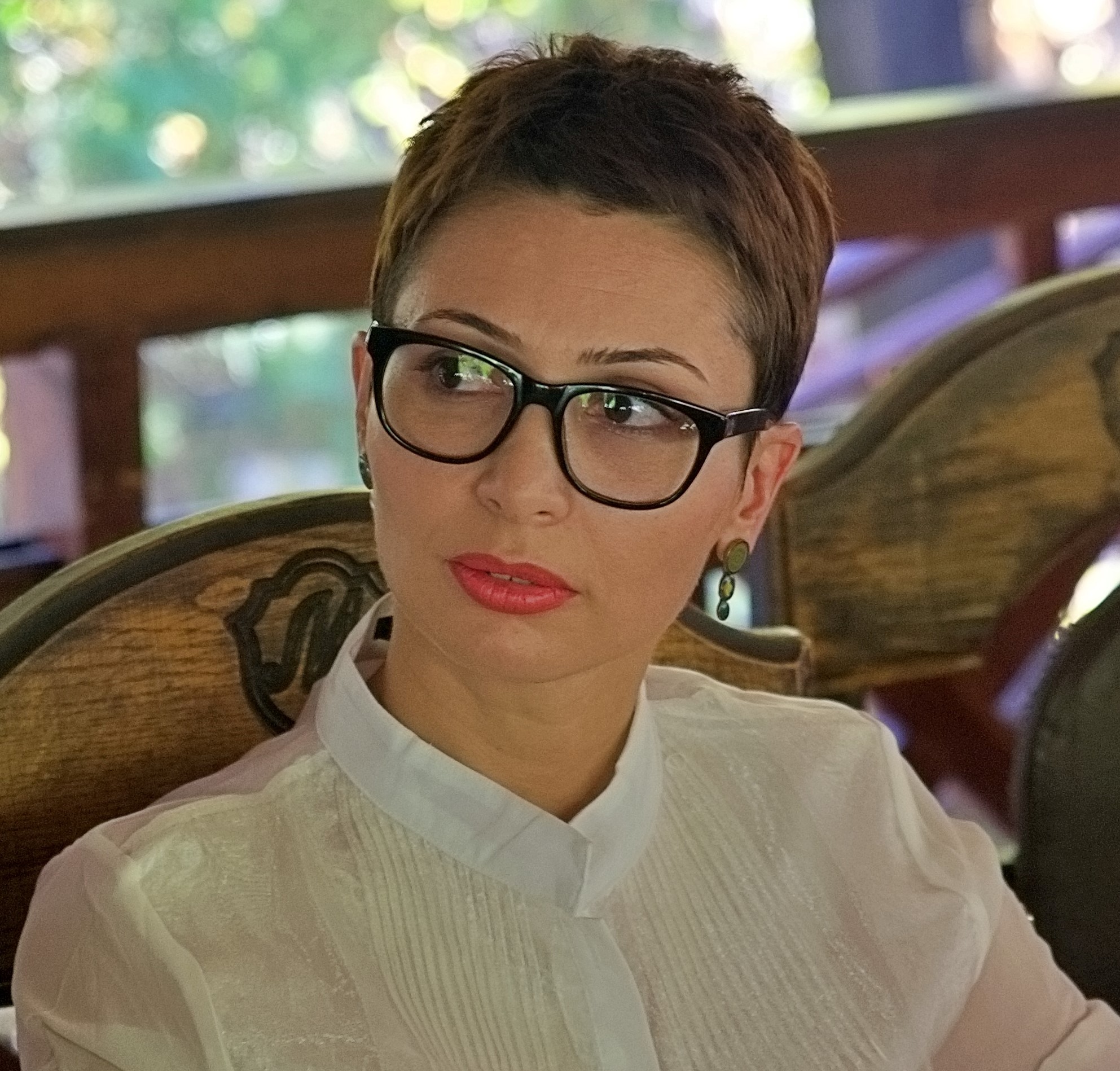Two weeks in one of the private universities of Armenia opened my eyes to a phenomenon, a destructive practice which undermines the role of education and cripples its mission. Form rather than content, quantity rather than quality is the tactic, income rather than result and talent cultivation have been the strategy.
Young people and their parents fall prey to posh slogans and jazzy, snazzy campaigns about being “leading,” “modern” and “top” and succumb to the action calls “come to us and become this,” “become that.” As a content marketer I am well aware of those tactics and their cumulative effect, particularly if repeated over and over through various channels. But I am also well aware that slogans should be logical and well-substantiated. In other words, your promise must directly and tangibly reflect what you in fact offer, not what you aspire to offer. Otherwise your credibility is at stake, and your demise is guaranteed.
Rolf Dobelli in his international bestseller “The Art of Thinking Clearly” describes a phenomenon dubbed “swimmers body illusion.” The author argues that swimmers’ well-built bodies are not the result of extensive training. Rather, they are good swimmers because of their physiques. If I, with my tiny, fragile makeup and amateur swimming skills one day decide to become a Katie Ledecky, a rather innocent illusion itself, I will end up as a frustrated pensioner. Not that I will not advance my swimming skills, but progress without purpose and without so-called SWOT analyses (strengths, weaknesses, opportunities, and threats) always leads to void, confusion, uncertainty and exasperation. This happens because so often we confuse factors for selection with results.
Let’s get to the point. First of all, leading universities rigorously select their students. They don’t open their doors wide and welcome anyone, a phenomenon that struck me in a “top” Armenian private university. Accommodating as many students and as comfortably as possible, welcoming their appearance and disappearance apparently at whim and meeting their each and every kink is a torturous experience that lecturers are assigned in the first place. They frame this as a “student-centered approach.” Apparently there is another confusion. A simple Google search would reveal to the decision-makers of such universities the real essence of a student-centered approach. However, an atmosphere conducive to staying rather than learning is what constitutes their approach. You don’t like to study, don’t. You don’t want to attend, don’t. You don’t feel ok in this classroom, change it. You don’t like the faculty, change it. You don’t like the lecturer, change him. Change anything, but stay. There is an overt confusion of values because of underlying covert motivations.
Another striking phenomenon stems from the diminishing number of professionals. Lecturers oftentimes take up teaching subjects they have nothing to do with. For example, if I am a language professor, but have read a couple of books on neurobiology or have amateur interest in psychology, I can teach it. The human resource gap is filled, and I add some pennies to my petty salary. The result: dozens of graduates, amateurs in everything and specialists of nothing.
Education is quite a lucrative business for certain people, which is fine if all stakeholders and more importantly, the society, benefit. If education does not serve for the universal good on behalf of individuals you invest in, then it has no value and no purpose.
Rather than luring young people into the world of the “leading” and “successful” and hijacking their right of making informed and substantiated choices, we should help them cultivate their talents. Success is about discovering your gifts and using them. Success is easier to attain when you know what you want. You can’t arrive anywhere when you don’t know where you are going. Education is not the destination; it is a vehicle that takes you to your destination. When you put 15 to 20 young people in a classroom of international relations faculty and they don’t know why they are there, or they are there because that job will give them traveling opportunities, don’t expect unprecedented diplomatic achievements in our sensitive and diplomatically complicated and conflict-battered country. When 40 young men sit in an IT classroom and 38 of them do not know what an algorithm is, or they are there because they “heard it is a job that brings money,” don’t expect the rise of a new techno hub.
We can’t afford to lose out on the skills, talents and insight of so many young people who, if in the right places, could prove to be bright and competent.
For two weeks in a university, I looked into dozens of agog, hopeful, ambitious, bored eyes who are trying to learn to swim because they spotted something glittery in the ocean. We have no right to lure them into the depths of the unknown with empty promises. Rather we should mentor them, lay a solid foundation of values, warn them of the hazards of vanity illusions and last, but not least, I can’t say it better than Dobelli, teach them to look in the mirror before they decide to take the plunge and be honest about what they see. This is hard-hitting, but it is crucial if we want to avoid a long-term and sometimes irrevocable frustration on both the individual and national level.
If our statesmen, Nikol Pashinyan, Arayik Harutyunyan and others, keep looking at this festival of benevolence simulation with their benign indifference, they give the green light to the metastasis of the malignant growth.




Be the first to comment